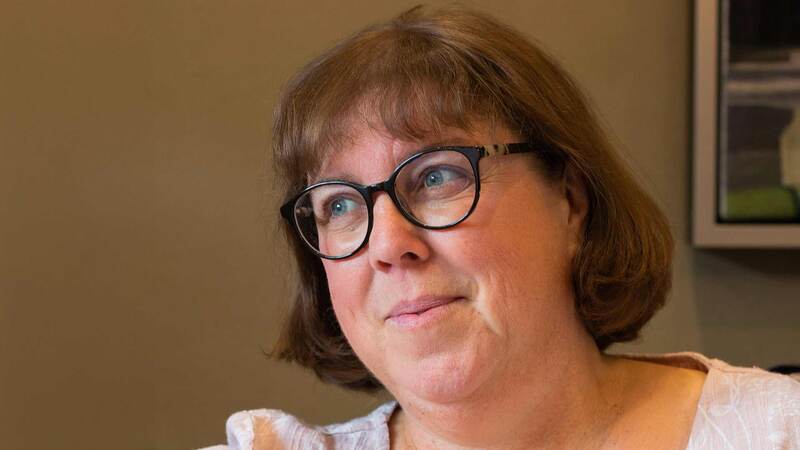You are viewing your 1 free article this month. Login to read more articles.
Shelf life

Booksellers are the hard-working engine of the book industry. Not my words, but those of Booksellers Association m.d. Meryl Halls in her summation of a new piece of research on independent bookshops. The report, The Cultural Role and Value of England’s Independent Bookshops, is a landmark document. Funded by Arts Council England, and based on survey responses from more than 150 indies, the report attempts to weigh up the cultural impact from a range of activities. How, for example, do bookseller-run author events contribute to their local communities? How do booksellers interactions with schools help to improve literacy levels?
We probably know the answers, but the report underlines that high-street bookshops are cultural enablers in local communities, whether that is through events and readings (92% of those surveyed run author events), school fairs (48% of indies do these) or through reading/book clubs (run by 60% of those booksellers surveyed). The document also showcases examples of individual bookshop effort.
For ACE, the report comes under the umbrella of its wider initiative, “Let’s Create”, which wants people to collaborate on cultural activities. In his summation, James Urquhart, interim director of literature at ACE, points to how high-street booksellers are “embedded in their communities, responsive to need and demand and able to provide a rich cultural offer sometimes in places where there is little other infrastructure or provision”.
A passionate desire to help nurture community well-being is central to the purpose of independent bookshops
It is not far-fetched, notes the report, to say that a passionate desire to help nurture community well-being is central to the purpose of independent bookshops. Lucky we are that bookshops, like libraries, don’t need to be invented, and that with some well-judged fiscal nudging, more can be achieved from what we already have in place.
There are two outcomes from all this. The first is that it puts booksellers higher up ACE’s own agenda. For a long time, public money has been focused on input (writers and publishers), rather than output (booksellers), but the ecosystem works best when both feed each other. ACE’s commitment to make funding more accessible to busy booksellers is therefore welcome. Just 25% of those booksellers interviewed had successfully applied for grants – with many saying they are just too busy or worried about the strings attached. The second broader result is how it allows the BA, ACE and booksellers to renew their conversations with government. Deep-dives create a common language, backed, in this case, by facts from the ground.
The report also hints at a coming conversation. More than two-thirds of indies want greater support from publishers with their events. ACE says it is already playing its role, but wants other partners to also lean in, and “ensure an enduring commitment across the book and publishing sectors to a mixed ecosystem for author events”. This is a nod not just to literary festivals, where funding has also become a hot topic, but to those big theatre-style events that can leave booksellers out in the cold. Here, the report implies, the engine might need a tune-up.


















